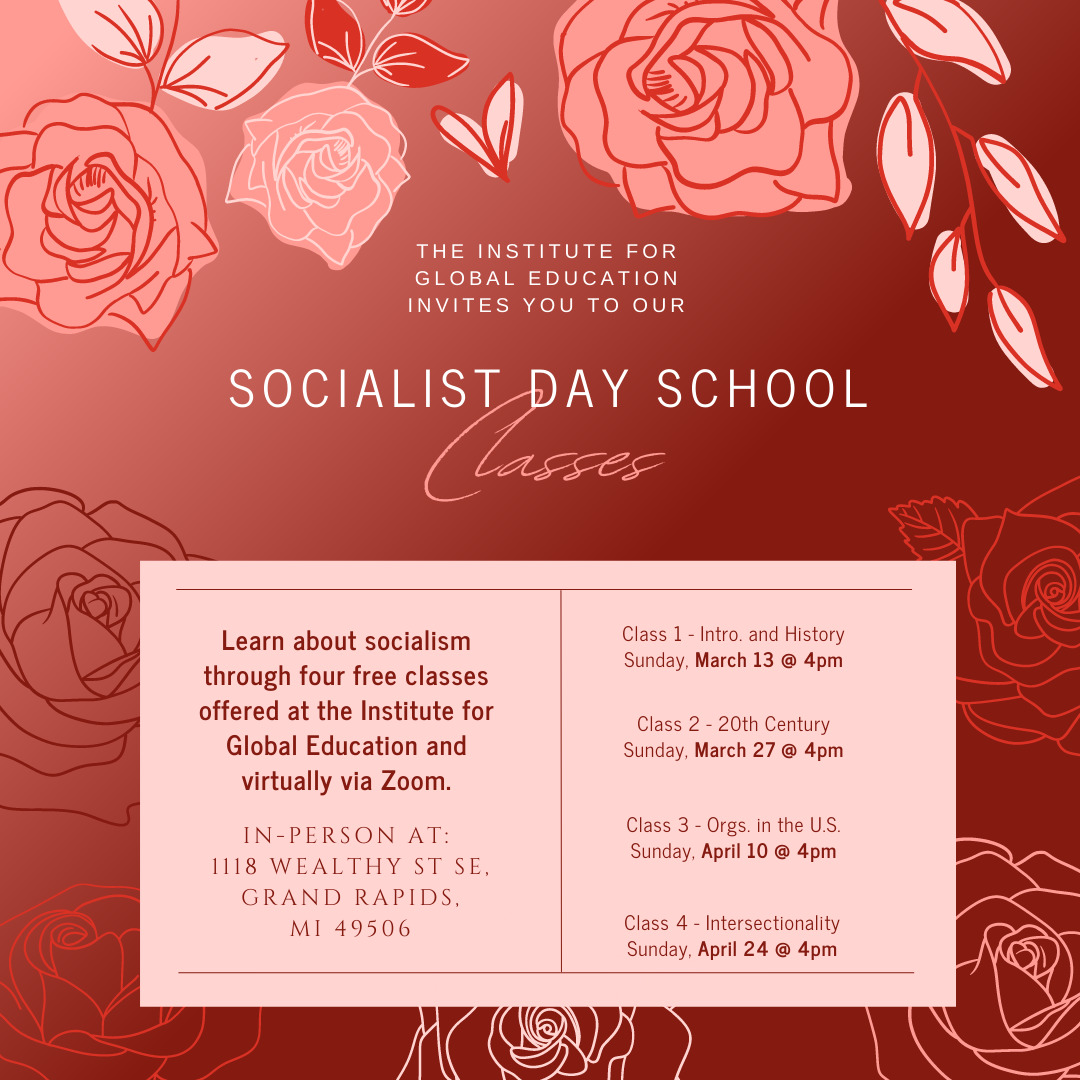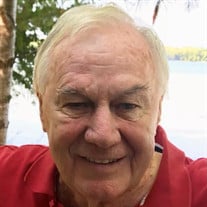
IGE is a meeting place for community groups that share our concerns about human rights and education for multicultural and religious awareness. We promote peaceful conflict resolution through training, workshops with youth and adults, and ongoing community discussion.
Resolution for Peace in Ukraine – Stand in Solidarity with Ukraine

We, the board of the Institute for Global Education in Grand Rapids, Michigan, are committed to dismantling militarism in the world, our own country, city, institutions, and ourselves. We call for an immediate cease fire and advocate for a peaceful resolution to the current fighting between Ukraine and Russia.
We must think globally and act locally. Peace begins within ourselves.. We hope that we all find strength and courage to be the peace that we seek now. We work to support members of our community who are wrestling with reawakened trauma and fears for the future.
We call on our President and political representatives to act by returning to the negotiating table before more lives are destroyed. War is not the answer; it only causes suffering and violence for generations to come. CODEPINk, a women-led, peace and human rights activist group asserts, “The United States and NATO have played a major role in exacerbating this conflict and now President Biden must show true leadership by not imposing sanctions that will hurt ordinary Russians, but by engaging vigorous diplomacy to end the war in Ukraine”.
The Institute for Global Education supports peace. We are disturbed by the violence in Ukraine. There are many resources to begin pursuing peace in this world.
Follow these links for some ways to support peace:
Mindfulness Meditation
Non-violent Communication
codepink.org/russia
Michigan Peace Alliance
Support Democracy Now!
Write letters to Congress and the President
Friends Committee on National Legislation
Work with religious and peaceful organizations
Remembering Frank Rosengren
Frank Rosengren co-founded and was Board President of The Institute For Global Education in Grand Rapids, Michigan. The IGE is a non-profit organization focusing on global thinking, peaceful conflict resolution and social justice. Frank co-authored a book called Internationalizing Your School: A Handbook and Resource for Teachers, Administrators, Parents and School Board Members, published in 1983. He introduced the Model United Nations program at Central Montcalm High School.
from:  Frank Rosengren Obituary
Frank Rosengren Obituary
Honoring Desmond Tutu by Diane Baum

In honor of Dr. Martin Luther King Jr. Day, we remember Archbishop Desmond Tutu who died at 90 years of age on December 26, 2021. Like King, Tutu was an honored civil rights activist, working for the liberation of his black community, as well as a man who worked for human rights world-wide. Like King, Tutu was a writer and theologian who stressed the principle of non-violence. And as with King, radicals thought Tutu was too moderate while moderates thought he was too radical. In 1964, Dr. Martin Luther King Jr. won the Nobel Prize for Peace – in 1984, twenty years later, Desmond Tutu also won the Nobel Prize for Peace.
Desmond Tutu was born in South Africa in 1931. He was married and had four children. He trained as a teacher, then joined the clergy, studied theology in England and eventually became archbishop in the Anglican church, and the first black man to hold that position in the city of Cape Town.
Tutu never stopped working to bring his principles of justice to reality, nor did he shy away from controversy. He struggled for years to overturn the system of apartheid, and after Black South Africans won their freedom and got their country back, he critiqued corruption in the new government.
Archbishop Tutu then became the head of the Truth and Reconciliation Commission. He criticized his own denomination for its stance on women in the clergy as well as homosexuality and worked to relieve the AIDS crisis. Tutu launched a global campaign to end to human trafficking. He honored victims of the holocaust and recognized Israel, but at the same time, he criticized Israel for collusion with apartheid South Africa and for Israel’s treatment of the Palestinians. He worked for the liberation of Tibet. He protested the war in Iraq. He was against capital punishment and worked to help political prisoners such as the Sharpville Six. These were just some of his passions.
Desmond Tutu was awarded over one hundred honorary degrees and won many prizes for his humanitarian work. He is the author of seven collections of sermons and many books and articles.
Before his death, Archbishop Tutu directed that he should have a non-ostentatious, earth-friendly (“green”) funeral, using the process of aquemation. Thus Desmond Tutu was buried as he lived, according to his principles and a teacher for us all.
Happy Holidays from IGE!
|
||||||||
|
||||||||
|
||||||||
|